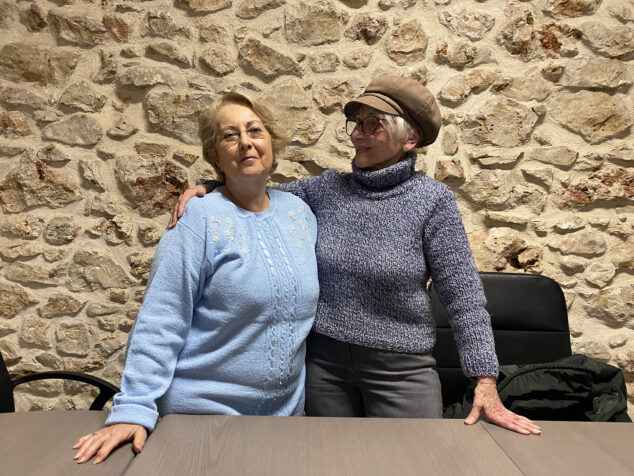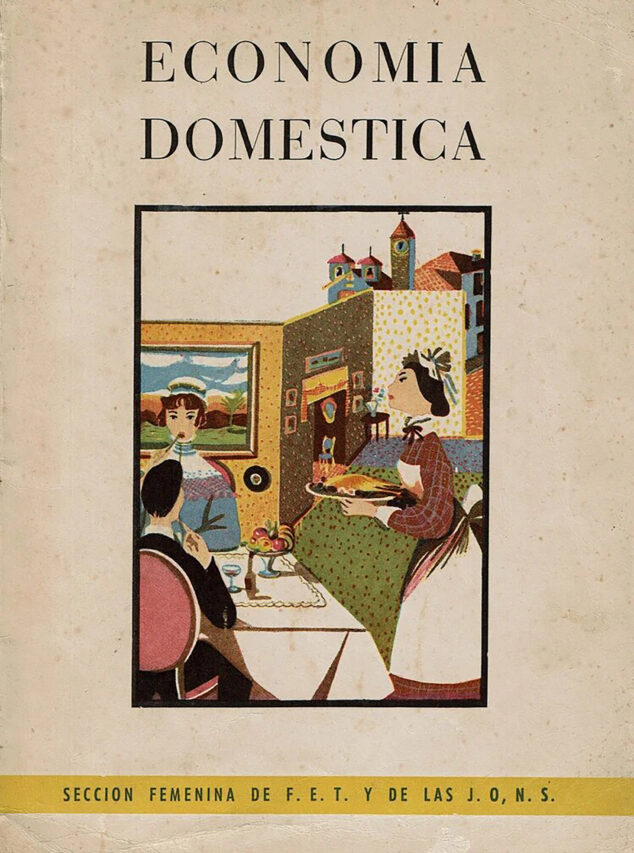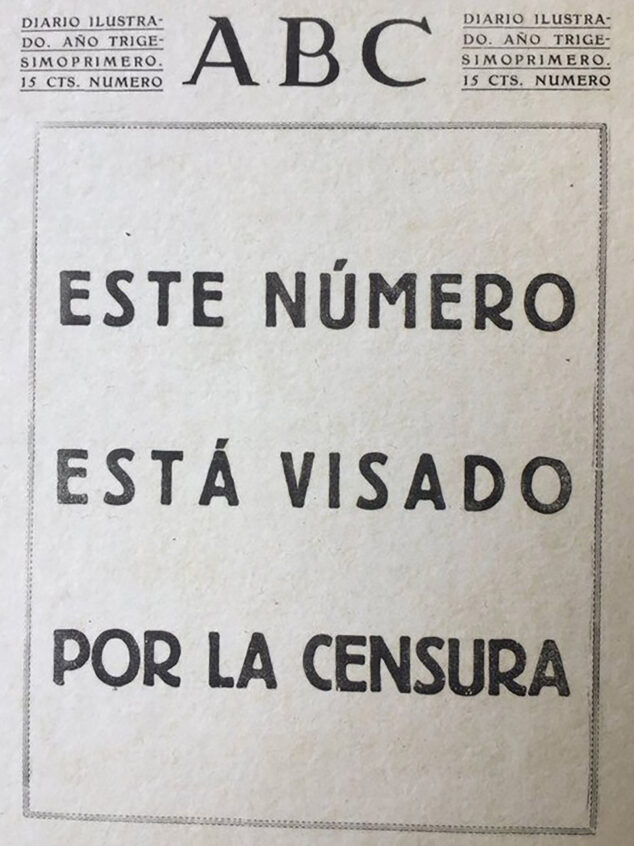Marisa Ferrándiz and Ana Albarracín were women ahead of their time. Pioneers in speech, mothers as well as workers and defenders of their rights as women in an era marked by traditional Franco dictations. They have experienced so many things together that their complicity is undeniable. Both journalists, whose vocation came by chance, receive today, March 8, a tribute on the occasion of Women's Day. For this occasion they have given an interview to Dénia.com in which they talk about the work of a lifetime.
The two studied during their childhood in Dénia. Marisa did it at a nuns' school that was located in the Loreto street. «The studies were less than basic, because at that time, since the nuns were the ones who gave the lessons, they didn't know much either; Furthermore, the subjects were inclined towards the Catholic religion," he comments.
Marisa adds that the students had work classes in the afternoons, since in the future these girls were going to become "married women, submissive and selfless housewives." For her, however, her life would take her on another path.
"What saved me to a certain extent is that I and a friend of mine really liked to read, we went to the municipal library, which was located on the upper floor of the Town Hall," he remembers, although during the Franco era there was censorship on books. and, furthermore, in this case, the person in charge on duty also did not let them read certain titles that he considered inappropriate, so the possibility of learning was even more limited.
Ana, being born later than her partner, had the opportunity to continue her studies and access the institute, the first in Dénia. Since her father was a soldier, her family had to move to various places and therefore, she says, her school book was “the world map.”
Among many destinations, it was Madrid where Ana began to work. She was a secretary in a fat factory, but her dream at that time would have been to work in the laboratory as a chemist: "I liked it and I was very good at it, so I told the director to transfer me to that department, but, since I was young and young man, he didn't want to." After this episode, she left him and got a position at Galerías Preciados, but she finally moved to Dénia, where the radio was waiting for her.
Walking with her mother near the station one day, she asked Ana why she didn't consider working there. They entered the studio and, after an interview with the director, she began her journalistic journey. It was the seventies.
For her part, Marisa would have liked to go to Valencia to study Fine Arts. On this occasion, it was her parents who gave her the refusal. However, one day, she walking by Les Rotes with some friends, a man stopped his car and offered to take them back. In the conversation, the man confessed to them that he was preparing a spot for the radio and was looking for a voice for the advertisement. After making everyone speak, he chose Marisa's voice and, in this way, in 1958 he began to use the microphone.
Radio in Francoism and the Transition
«The broadcast began around 10:00 and we connected at 14:00 with the Spanish National Radio report. At night, at 22:00 p.m., another report was given and the station was closed. Between these times, there was music, dedicated albums, advertising...», explains Marisa about the years of radio during the Franco regime. She worked at Radio Dénia, which at that time was part of the Movement Station Network (REM).
Ana, on the other hand, later started working at a municipal FM station and, therefore, not involved in the Movement. "There was a little more diversity, but not much," he says, adding: "There was a lot of censorship, to the point that we had a program in Valencian that had to be recorded, sent to Madrid for review, and then we "They sent it so we could broadcast it."
Since the Transition, both noticed changes progressively. It was in 1981, when the Dénia stations became part of SER and the professionals were already working together when the content diversified.
Radio anecdotes
Being an announcer in those years meant also being in charge of control (playing the sound table while they spoke), even creating tunes for the programs, or acting as a technician when an emergency arose. «When there was a storm or humidity, the antenna sometimes went offline. We had keys to castle and we went there to see if we could fix it,” says Marisa.
«Just by telling you that on Sundays, supposedly a holiday, I had to go to the soccer field to change the numbers of the goals in the booth there, give the lineup of the soccer players... and at half-time I had to announce the advertising," says Ana, who remembers that they also had no rest at night and had to go to all the shows that took place in the city. The journalist is proud of her entire career for this very reason: "We have known how to adapt to all the circumstances and we have come out, more or less, successfully," she concludes.
Although both have many anecdotes from the radio, they confess that many cannot be made public. However, Ana shares one that caused a commotion when it happened: "They called me anonymously one morning when there were three minutes left for the children to go to school, my son included, telling me that they had planted a bomb in a school, "You can imagine," he says.
«We notified the Police, the God is Christ thing was set up. In the end it was a lie, it turns out that he was some funny guy who didn't want to go to school that day and played the joke," he explains with a laugh. Since that event in the Fallas That year Ana appeared twice as a ninot, in which the famous bomb was not missing.
Being a mother and a worker: the incompatibility of then
Both suffered the difficulties that a woman faced when she was a mother at that time. Marisa, for example, confesses that there were times when they were not able to take care of their children as they would have liked. The long work hours forced them to leave the children with another person to take care of them.
This was the case of Ana: "My husband and I had to leave my eight-month-old son in Manises with my parents and he was there until he was three years old when we were able to send him to school," she says, "we only had forty days." rest after giving birth - and the husbands, three - then it was a very big conflict," she adds.
The announcers remember that this brought with it criticism from the society of the time, which did not look favorably on a woman who decided to work instead of being a housewife and devoting herself exclusively to motherhood. However, they supported each other in this situation.
Have women gained power in the media today?
«It has advanced a lot, but not that much; For it to improve, there must be 50/50 equality in positions of responsibility. They give women up to a certain level, but the upper limit is generally for men," Ana denounces.
«Sorry, Ana, you don't remember one thing: How was the woman born? From Adam's rib," Marisa says ironically. To which Ana responds: "Well, we started the story well."









